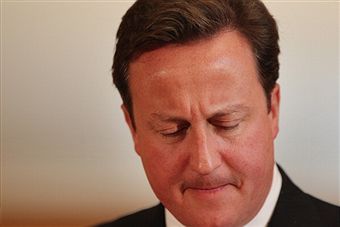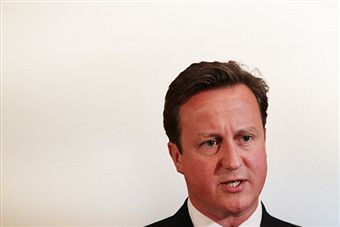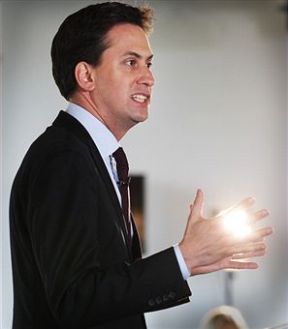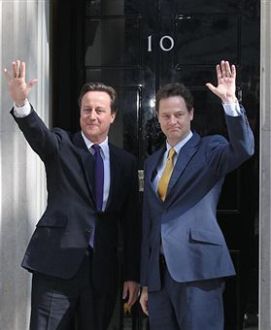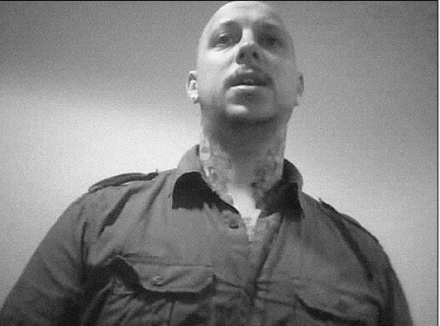Rebekah Brooks statement on phone hacking
Released in the last hour or so: Dear All, When I wrote to you last week updating you on a number of business issues I did not anticipate having to do so again so soon. However, I wanted to address the company as a matter of urgency in light of the new claims against the News of the World. We were all appalled and shocked when we heard about these allegations yesterday. I have to tell you that I am sickened that these events are alleged to have happened. Not just because I was editor of the News of the World at the time, but if the accusations are true,








